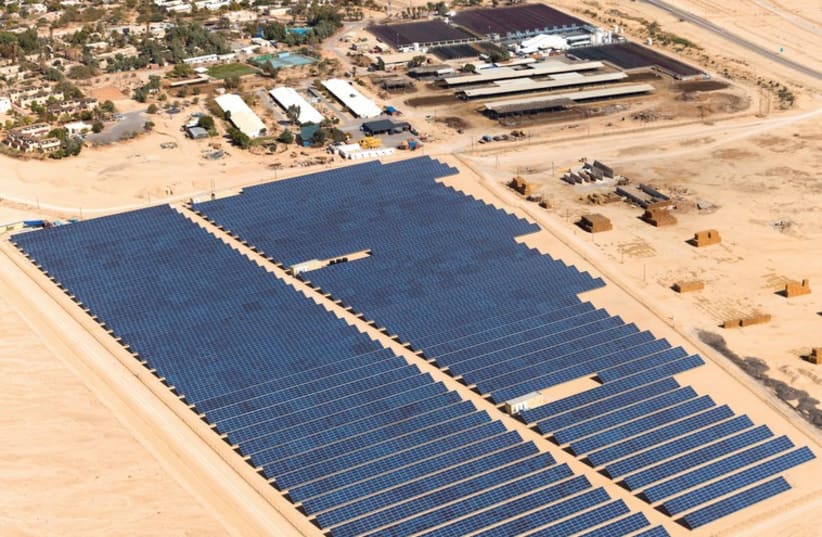As a result of Operation Protective Edge, as well as recent extreme weather events, the Israel Electric Corporation is aiming to streamline electricity production among the country's many providers during national emergencies.
In order to accomplish this task, the IEC's system management unit has established a forum of power producers to handle both emergency and routine situations, the company said. The IEC held a symposium with representatives of the power production firms earlier this week, in order to discuss preliminary conclusions from Operation Protective Edge, as well as insights gained from the December 2013 winter storm events.
"I welcome the initiative, a step that has been requested in light of the dramatic changes in the electricity production system of the State of Israel," said IEC Chairman Yiftah Ron-Tal.
By next year, private producers are expected to account for more than 20 percent of electricity production, the IEC said.
One of the main goals of the forum, which the IEC said it intends to convene periodically, is to establish work patterns for power production in both crises and other stressful situations.
In this week's meeting, the producers discussed a variety of operational constraints as well as external risk factors that could create a crisis in or stress on the electricity sector – such as cyber security breaches, natural disasters or events in the natural gas sector, according to the IEC.
As part of the first meeting, the participants decided that the IEC's system management unit, in conjunction with representatives of Dorad and OPC Rotem – the two largest private power providers in Israel to date – would formulate emergency procedures for private power facilities.
Dov Strolovitch, director of the system management unit, stressed the importance of recognizing the “dramatic changes” that the energy market has undergone in recent years.
Such a revolution, he explained, “a change in management perception for extreme events, and an understanding of all the factors in the market, the risks and the scenarios with which they are likely to face with zero warning – for survivability and for the reliability of the national electricity system.”
